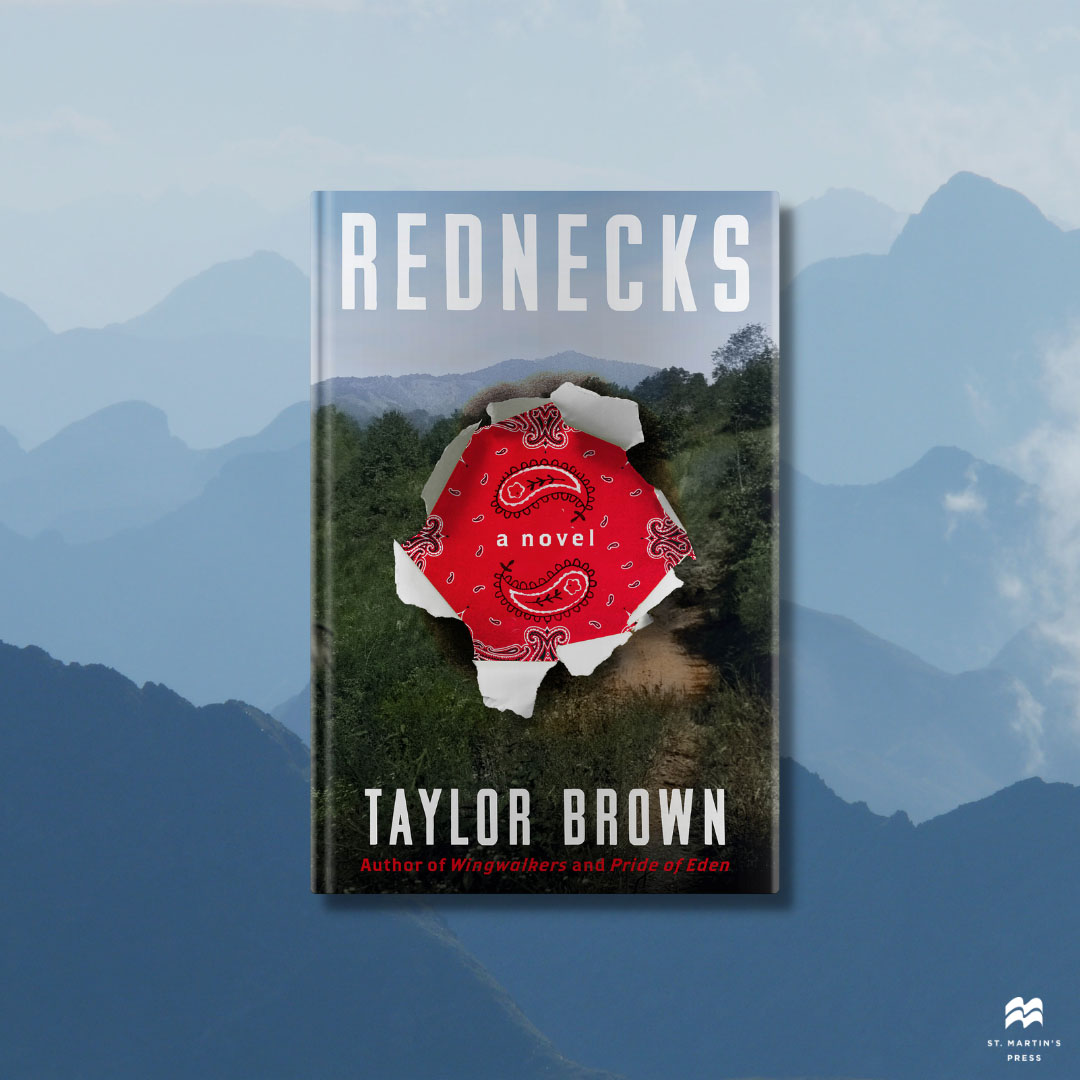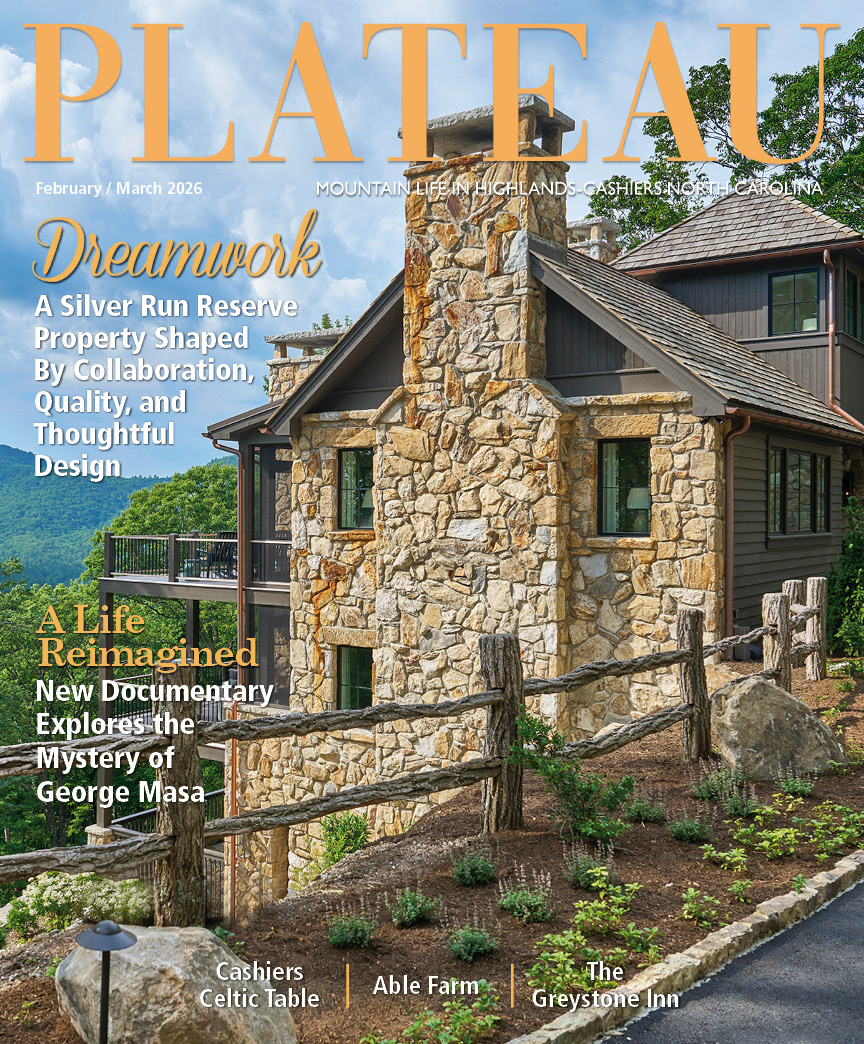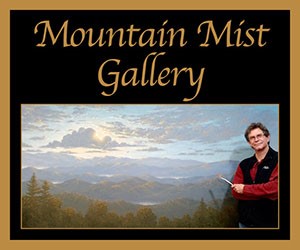History is Curated by Those in Power
27 Apr 2024
A review of Rednecks by Taylor Brown
By MARIANNE LEEK

“You load 16 tons, what do you get?
Another day older and deeper in debt
St. Peter, don't you call me 'cause I can't go
I owe my soul to the company store.”
- “16 Tons,” sung by Tennessee Ernie Ford
In Taylor Brown’s explosive new novel Rednecks, he describes coal like he’s writing poetry. “[T]his black rock, born from thin seams of primeval wetlands compressed beneath the earth’s surface and lumped into the stockings of wicked children on Christmas Eve, was the dark heart of every business in this country. The lifeblood of commerce. It was the very ink that kept ledgers in the black. But it was combustible, too, ready to burst into flame.” It will inarguably be one of the best pieces of historical fiction you’ll read in 2024.
Brown is not the first to write about the coal industry, but he is one of the only ones to write a fictionalized account about an all-but-forgotten 1921 battle that almost started a second Civil War. This battle paved the way for change when in 1933 President Roosevelt signed the National Industrial Recovery Act into law, which later led to the National Labor Relations Act of 1935, finally guaranteeing American workers the right to unionize.
In 1955 Tennessee Ernie Ford sang about the plight of the coal miner in “16 Tons,” presenting the hopeless reality of those toiling in the mines, shackled to the coal company by insurmountable debt. Tyler Childers wrote about the same dismal circumstances in his 2011 song “Coal.” Songs such as “Which Side Are You On” by Florence Reece, “31 Depression Blues” by Ed Sturgill, “Black Dust Fever” sung by the Wildwood Valley Boys, and “Dyin’ to Make a Living” sung by Foddershock - all detailed the seedy underbelly of the early coal industry. And in Upton Sinclair’s 1917 novel King Coal, protagonist Hal Warner illuminated the poor working conditions faced by miners at the dawn of the twentieth century.
Meticulously researched and crafted, Rednecks is a no-holds-barred creative retelling of the Battle of Blair Mountain, the largest battle on United States soil since the Civil War between those representing and fighting for the coal industry and an uprising of unionized coal miners - but, likely, you’ve never heard of it. Brown provides riveting historical context of the events leading up to the infamous five-day conflict and the battle itself, which included over a million rounds being fired, bombs being dropped on American soil, and Americans fighting Americans in trench warfare.
The term redneck has always had negative connotations, synonymous with the uneducated, rural, working class, but Brown’s latest work sheds light on a more profound meaning rooted in the Battle of Blair Mountain. “They are a hundred men at first, then two hundred. Five hundred. One thousand. An army of men rising from the earth, clad in blue-bib overalls. They hail from Italy and Poland, the Deep South and Appalachia. One in five is Black. They wear red bandannas knotted around their necks, as if their throats have already been cut. People will call them primitives and hillbillies, anarchists and insurrectionists. They will call them Rednecks.”
Rednecks, described by Brown as “a skeleton of historical fact fleshed with imagination,” weaves a tapestry of both real and fictitious characters. Beloved former schoolteacher turned union organizer and activist, Mary G. Harris Jones, “Mother Jones,” figures prominently into the narrative, denouncing racism and white supremacy, while seeking justice and better conditions for mine workers and their families during her lifetime. Smilin’ Sid Hatfield, the chief of police in Matewan, West Virginia, shows up in Rednecks as a pivotal figure in the West Virginia Mine Wars whose actions catalyzed the 1920 Matewan Massacre, eventually leading to the Battle of Blair Mountain a year later.
Brown pens to life the fiercely protective Mother Jones who, after experiencing the devastating loss of her husband and children, dedicated herself to defending the inalienable rights and civil liberties promised to all citizens as part of “The Great Experiment” that is America by figuratively adopting coal workers and communities across the South. In an effort to save her “boys,” Mother Jones marched to Washington, and in 1921 in an impassioned plea to the Secretary of War, she detailed the deplorable conditions of West Virginia coal miners and the swift repercussions faced by those who chose to unionize, likening the coal industry to tyranny.
Brown includes her words, “I wonder what you might call a system in which a skilled labor force the size of a small nation are made to work in conditions more dangerous than armed service in the Great War, are paid not in legal tender but company scrip, housed not in personal homes but company camps, where they and their families are given zero compensation for job-related injury or death, and any drive for better wages or safer conditions is back-broken by a private army of company spies and hired gun thugs who regularly throw families out into the cold and beat fathers with brass knuckles, who have fired machine guns into tent colonies and done cold-blooded murder in broad daylight on the front steps of an American courthouse…. If not tyranny, what would you call such a system, Mr. Secretary? Certainly you wouldn’t call it American.”
But it’s Brown’s richly drawn imagined characters that add a layer of poetic beauty and complexity to this novel. Doctor Domit Muhanna, affectionately referred to as “Doc Moo,” was inspired by Brown’s great-grandfather, Doctor Domit Simon Spire - a man of humble beginnings with whom he shared a deep connection and a birthday, and who emigrated alone in 1889 at the age of fourteen from Lebanon to the United States. He graduated from the Kentucky School of Medicine and became a beloved rural doctor and medical examiner, much like Doc Moo. Moo is a loving husband and father, a compassionate, empathetic man of principle, who frequently whispers prayers of protection in his native language to God for his patients, family, and community. Prayers that serve as a gentle nod to the author’s family heritage.
The scenes between the fictitious doctor and his son Musa, inspired by Brown’s maternal grandmother’s baby brother, are poignantly painted, as is the relationship between Moo, Musa, and the matriarch of the miners, Miss Beulah or “Mama B.” Mama B. is the grandmother of “Big Frank,” a Black miner and leader of the uprising willing to die if it will force the industry to provide humane conditions for its workers.
The “possibles bag,” a tote bag hand-sewn and gifted to Musa by Miss Beulah to hold all the treasures he finds while exploring the woods, serves as a beautifully symbolic thread of hope throughout the novel, and a conversation between Doc Moo’s boy Musa and Big Frank about the parable of the mustard seed is one of the most exquisitely written scenes in the book.
In a conversation with Musa, Doc Moo thoughtfully considers who or what was culpable for the violence. “The coal operators, the politicians, the state police, the county vigilantes. Money became influence, influence became policy, policy became force. And the miners were no saints, meeting violence with violence.” And therein lies the unplumbed lesson of Brown’s novel.
After the Battle of Blair Mountain, Boyden Sparkes was commissioned to document it for the New York Tribune but found his work being censored. Bad Tony Gaujot explains it to Sparkes with the old adage, “‘Tis the victor who writes the history.” And perhaps that’s what readers should take away from Brown’s latest work - history - the history that is taught - is curated by those in power.
Rednecks should be required reading in high schools and colleges, not only in the South but across America, as a cautionary tale about the dangers of denying human beings their humanity and our responsibility to unequivocally speak up and stand up when that happens. Martin Luther King, Jr. explained it well. “A man dies when he refuses to stand up for that which is right. A man dies when he refuses to stand up for justice. A man dies when he refuses to take a stand for that which is true.”
If you like the writing of Ron Rash, David Joy, Wiley Cash, and Michael Farris Smith, and you’ve not discovered Taylor Brown, you’re missing out. Brown is the author of six novels, including the critically acclaimed Wingwalkers, Pride of Eden, and Gods of Howl Mountain, and a collection of short stories entitled In the Season of Blood & Gold. He has been described by Ron Rash as one of the “finest writers of his generation.” His writing can also be found within the pages of Garden & Gun, and if you are a fan of Jason Isbell, check out his exceptional interview with the musician and actor recently featured in The Bitter Southerner.













